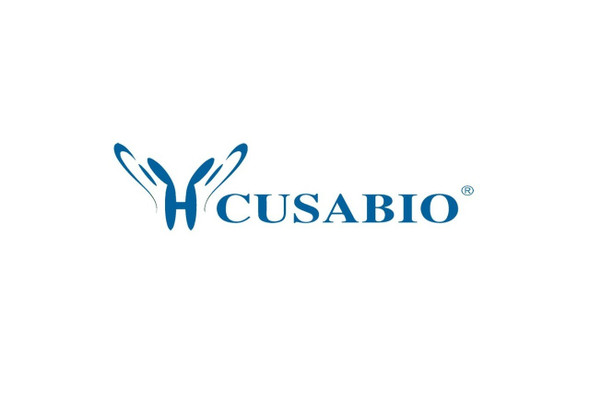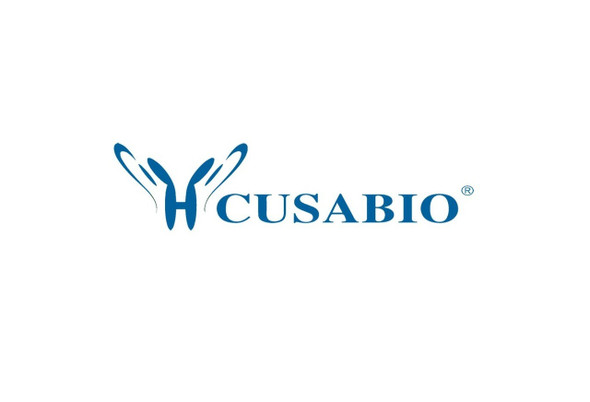Cusabio Polyclonal Antibodies
CSE1L Antibody, FITC conjugated | CSB-PA006042LC01HU
- SKU:
- CSB-PA006042LC01HU
- Availability:
- 3 to 7 Working Days
Description
CSE1L Antibody, FITC conjugated | CSB-PA006042LC01HU | Cusabio
CSE1L Antibody, FITC conjugated is Available at Gentaur Genprice with the fastest delivery.
Online Order Payment is possible or send quotation to info@gentaur.com.
Product Type: Polyclonal Antibody
Target Names: CSE1L
Aliases: Exportin-2 (Exp2) (Cellular apoptosis susceptibility protein) (Chromosome segregation 1-like protein) (Importin-alpha re-exporter), CSE1L, CAS XPO2
Background: Export receptor for importin-alpha. Mediates importin-alpha re-export from the nucleus to the cytoplasm after import substrates (cargos) have been released into the nucleoplasm. In the nucleus binds cooperatively to importin-alpha and to the GTPase Ran in its active GTP-bound form. Docking of this trimeric complex to the nuclear pore complex (NPC) is mediated through binding to nucleoporins. Upon transit of a nuclear export complex into the cytoplasm, disassembling of the complex and hydrolysis of Ran-GTP to Ran-GDP (induced by RANBP1 and RANGAP1, respectively) cause release of the importin-alpha from the export receptor. CSE1L/XPO2 then return to the nuclear compartment and mediate another round of transport. The directionality of nuclear export is thought to be conferred by an asymmetric distribution of the GTP- and GDP-bound forms of Ran between the cytoplasm and nucleus.
Isotype: IgG
Conjugate: FITC
Clonality: Polyclonal
Uniport ID: P55060
Host Species: Rabbit
Species Reactivity: Human
Immunogen: Recombinant Human Exportin-2 protein (713-971AA)
Immunogen Species: Homo sapiens (Human)
Applications: ELISA
Tested Applications: ELISA
Purification Method: >95%, Protein G purified
Dilution Ratio1:
Dilution Ratio2:
Dilution Ratio3:
Dilution Ratio4:
Dilution Ratio5:
Dilution Ratio6:
Buffer: Preservative: 0.03% Proclin 300
Constituents: 50% Glycerol, 0.01M PBS, pH 7.4
Form: Liquid
Storage: Upon receipt, store at -20°C or -80°C. Avoid repeated freeze.
Initial Research Areas: Cell Biology
Research Areas: Cancer;Cell biology;Signal transduction






